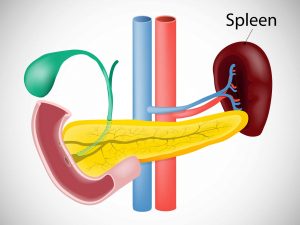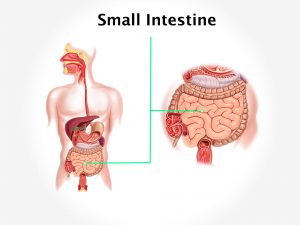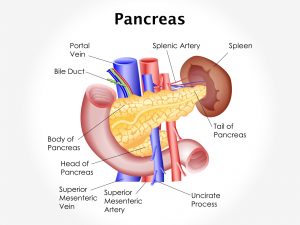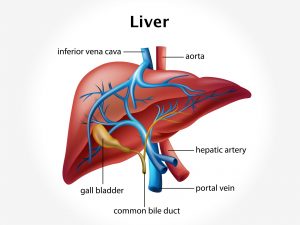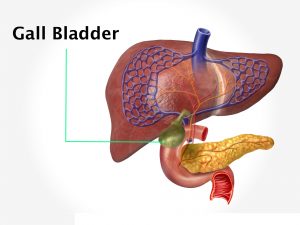Causative & risk factors
Gilbert’s disease is caused by a genetic mutation. One must inherit the abnormal gene from both parents to develop Gilbert’s syndrome.
Clinical presentation
Patients with Gilbert’s syndrome may develop intermittent mild jaundice when the levels of bilirubin increase. Jaundice is characterized by yellowing of the sclera and the skin.
The jaundice usually occurs in response to certain triggers. These include being ill, being dehydrated, fasting or eating too little, inadequate sleep or over-exercising.
Investigations
Laboratory tests such as a complete blood count, serum bilirubin levels and liver function test are carried out.
Treatment
No treatment is necessary for Gilbert’s disease. The jaundice produced is mild and usually goes away on its own.












